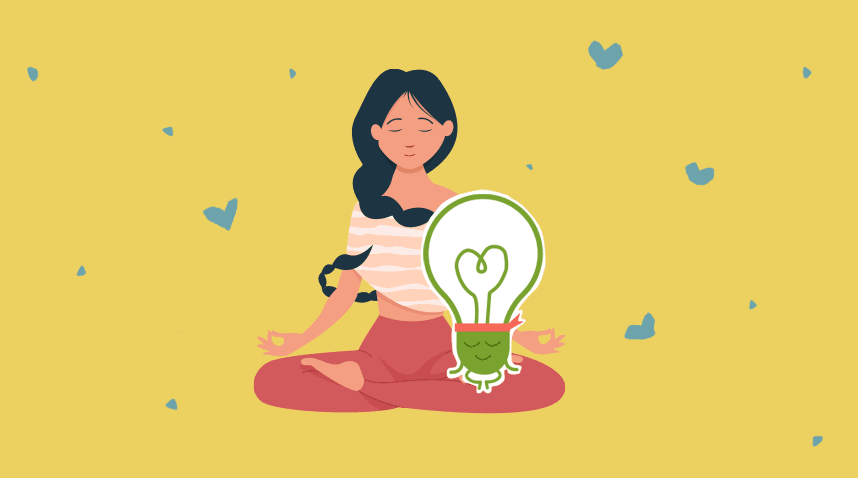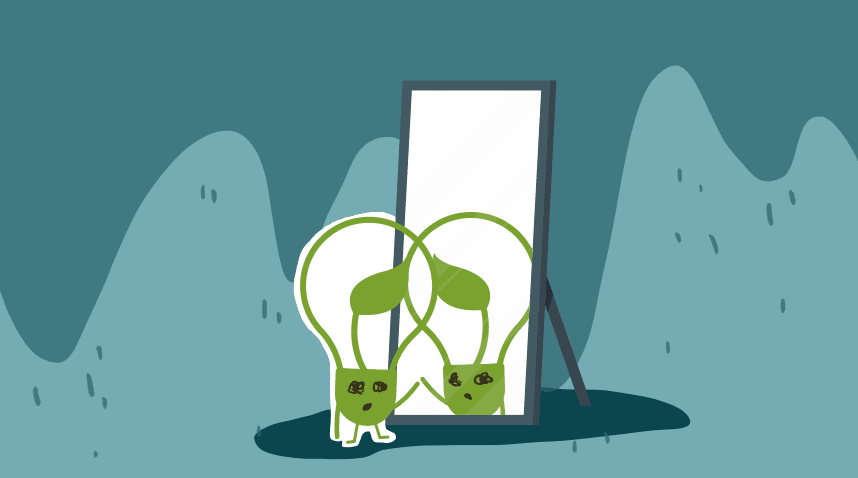TLDR: In the healthcare line, we often forget to care for ourselves before caring for others. The fear of making mistakes can cripple us. Diving deeper, Li Hui shares her experience as a first-year junior doctor
Since I started work as a first-year junior doctor, also known as (aka) ‘house officer’ or ‘HO’, I have gone through many highs and lows. It has been an enriching journey with pain and joy. These are 3 learning points I felt are useful for those starting work. May you take on what’s useful and discard what is not useful for you!
1. To care for yourself before you care for others

Ever since work started, I have become much more impatient than before. It is easier for small inconveniences to upset me especially when I am tired. For example when my laptop runs out of battery during my ward rounds or simply when the system takes a long time to load.
Whenever I get angry at myself or others, I end up feeling guilty afterwards especially if I was unkind in my speech or actions. In times like this, I try to remind myself that these are only transient states that I have.
Rather than ‘I am angry’, I tell myself, ‘There is anger’ These emotional states are like passing clouds in the sky and will eventually pass.
I remind myself not to only focus on my flaws as I am not perfect and that we are all trying our best wherever we are.
Being kind to myself is as simple as just acknowledging whatever I am feeling whether it is good or bad.
When there is anger, fear or anxiety, I calm myself down by putting my palm to the centre of my chest and tuning in with myself just for that moment. The warm sensation in my chest diverts my attention away from all the overwhelming emotions in the mind but brings attention to my heart.
One mindfulness teacher once taught us that this practice is called the hand of compassion. And this hand of compassion can be readily available to you anytime you need it.
Kindness to self and others is important in the workplace precisely because of how stressful and tiring work can be.
We are all trying our best for our patients, however, we have to remember that we have to first care for ourselves before we can care for our patients.
2. It’s okay to make mistakes!
I am someone who is generally very harsh on myself.

When other people make mistakes, I can forgive others very easily. But when I make a mistake, it is almost as if I don’t deserve forgiveness. Perhaps this mindset could be due to the way we were brought up in our education system, in an environment that emphasises the importance of striving and achieving.
I have always tried my best to push myself to be the best I can be. In this process, it is easy to forget that this body of mine is not a machine for me to force it to do whatever I want it to do. I forget that my body and mind need to be cared for and needs to be loved. Part of self-love is also about accepting and forgiving ourselves for the mistakes we have made.
One way I learn to cope with mistakes is to share my encounters with my colleagues and peers so that they would not commit the same mistakes that I’ve made, to protect them and also our future patients.
I always try to tell myself that what is done cannot be undone and there is no point in being upset about it. I still struggle with letting go of my mistakes from time to time.
One of my seniors from the Medical Dharma Circle shared that sometimes when we sit down and meditate after a long day of work, there is a lot of garbage that comes into our minds. There are a lot of thoughts and conversations from the day that surface and we find it hard to settle down on our breath.
And this is expected because this is the state of the unenlightened mind. However, we suffer when we expect our minds to be silent and calm when it is not. It is through this gap between expectation and reality that we find suffering.
Similarly, we make mistakes partly due to our habitual tendencies from the past and our defilements. We are bound to make mistakes because we are still unenlightened and we still have defilements. The best we can do is to accept our mistakes and learn from them. Making the determination to not make the same mistake again can be strengthened by reminding ourselves of the consequences.
3. One step at a time
I first started trekking with my friends when I was still a medical student and I fell in love with it!
I loved the beauty, the peace and the quiet that I experienced during the trek.

Trekking was also about taking one step at a time and your mind being nowhere else but right here in the present, with nothing to think about at all. It was a beautiful experience.
There’s a Chinese saying that goes ‘ A journey of a thousand miles begins with a single step’. Housemanship has truly been a difficult year thus far. I am chronically tired. Perhaps the fatigue was carried over from medical school, or maybe because of my social commitments and poor sleep hygiene.
But amidst the fatigue and stressors and when work gets overwhelming, I try my best to take it one day at a time, one task at a time.
Sometimes I take deep breaths while waiting for the system to load. So that instead of being caught up in the impatience or anger at wanting things to be done as fast as possible, my attention shifts to my breath and I forget to be angry.
Sometimes I pay attention to the sensation of my feet when I am walking from one place to another instead of being consumed in my thoughts.
I think it is important for us as healthcare workers to find all these coping mechanisms because we need to look after ourselves well to be able to look after others. Our line of work puts us in a very privileged position to care for those in need and all the more this requires us to be kind and gentle to our patients and their family members.
Looking back at work once more
It is difficult to be kind to others when we are burnt out and fatigued. I am extremely grateful to be in this line of work and surrounded by people who have dedicated their lives to serving others too.
Every individual in the hospital plays an important role in patient care.
There is a saying that goes, ‘ To cure sometimes, to relieve often and to comfort always’. I hope to remember that the least I can do is to listen to my patients and their families and encourage them wherever possible.
I hope that wherever you are in your career, you find time for yourself and the things that matter to you.
Wise Steps:
- We can’t care for others if we don’t have enough time for ourselves. Ensure you have moments to recharge and reestablish mindfulness with tools like ‘hand of compassion’
- We are human. Making mistakes is fine! Just find ways to allow yourself to learn through reflection or peer sharing
- One step at a time. This can prevent us from being overwhelmed when there are too many things that need to be done or when the journey ahead seems too difficult to continue.


